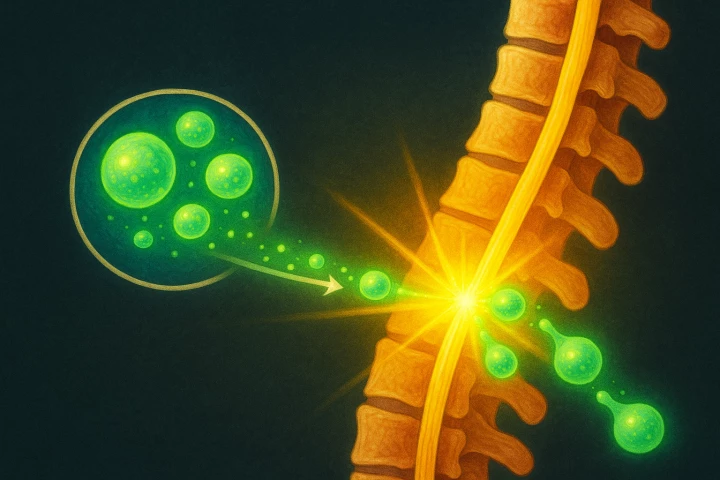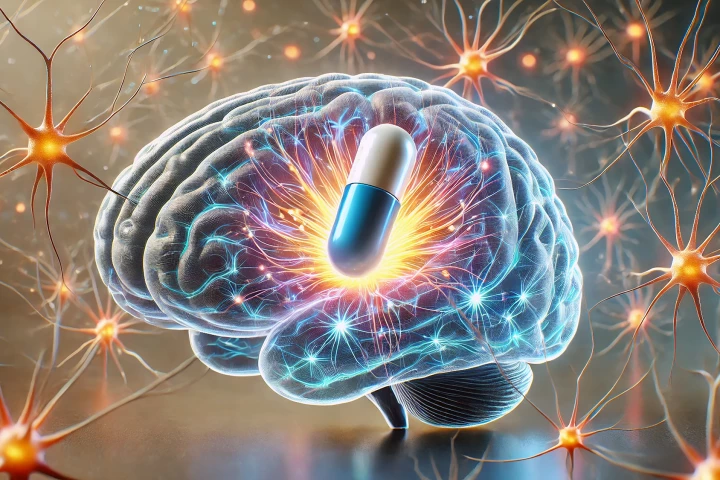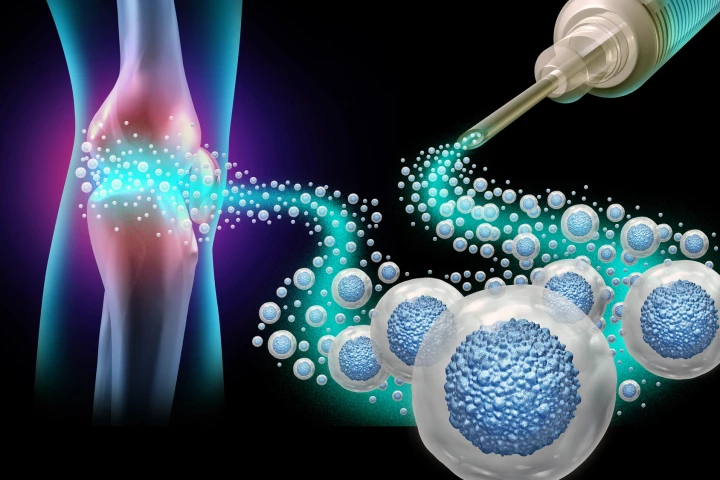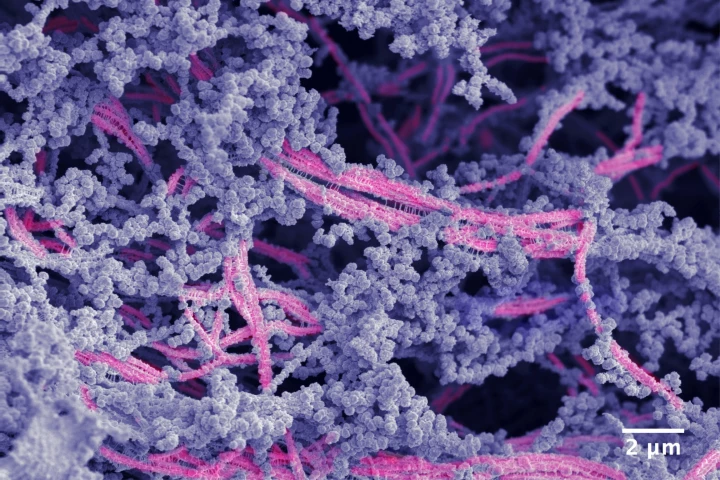Regenerative Medicine
-
A mineral-recruiting gel that rebuilds tooth enamel from saliva could change the future of dental treatment. To date, we don't have any way to effectively regenerate this all-important outer layer of our teeth that erodes as we age.
-
A paradigm shift in the way we treat spinal injuries is now in sight, with the world's first regenerative cell therapy approved for a Phase I clinical trial. It's a historical milestone that could reverse what has, until now, been an incurable injury.
-
In a major breakthrough for regenerative medicine, MIT scientists have developed a way to convert skin cells directly into brain cells extremely efficiently, without needing to go through the intermediate step of converting them to stem cells first.
-
Eye injuries that damage the cornea are usually irreversible and cause blindness. But a new clinical trial has repaired this damage in patients thanks to a transplant of stem cells from their healthy eyes.
-
Researchers have discovered a new type of tissue, a soft and flexible ‘fatty cartilage’ that could revolutionize the treatment of traumatic injuries, birth defects, and cartilage-damaging diseases like osteoarthritis, rheumatoid arthritis and lupus.
-
Heart attacks are dangerous not just because of the initial event, but the long-term damage afterwards. Now scientists have discovered a dormant gene that could be reactivated to regenerate heart tissue, preventing the progression to heart failure.
-
Scientists have engineered a hybrid mouse with a gene that predates all animal life. The team replaced a single gene in the mouse stem cells with a version from an ancient, single-celled ancestor, and successfully grew healthy live mice from it.
-
The body has a remarkable ability to heal injuries, but it has its limits. Now scientists have developed a way to improve on the natural process, making implants created from a patient’s own blood to regenerate injuries, even repairing bone.
-
The company behind the once-a-day pill that restored lost nerve cell connections in people with amyotrophic lateral sclerosis (ALS), has now set its sights on using the pill to provide a novel treatment for another debilitating disease: schizophrenia.
-
Injecting immune cells directly into damaged bone, muscle and skin significantly boosts healing, according to new research. The door is now open to developing a universal cell-based method of enhancing healing after an injury.
-
Two innovative new developments have demonstrated that degraded cartilage can be regrown, first with 'dancing molecules' that target the protein needed for tissue regeneration, secondly with a hybrid biomaterial that stimulates cartilage growth.
-
People living with diabetes might have a new hope. Scientists have tested a new drug therapy in diabetic mice, and found that it boosted insulin-producing cells by 700% over three months, effectively reversing their disease.
Load More











